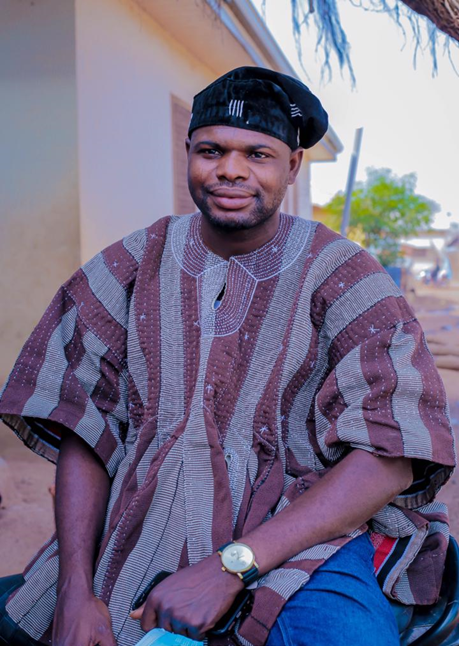Youth-led Research for Daring to Shift Gender Analysis & Baseline Study (Digital Opportunity Trust)
- Tariq Omarshah
- Jan 12, 2022
- 3 min read
Over the last few months, One South has been conducting a Gender Analysis & Baseline Study for the Daring to Shift programme, implemented by Digital Opportunity Trust (DOT) through funding from Global Affairs Canada across 9 countries: Jordan, Lebanon, Kenya, Rwanda, Tanzania, Ghana, Malawi, Uganda, and Zambia.
One South adopted a youth-led approach for this research, partnering with Youth Research Managers in each country to coordinate the activity. With the support of the Youth Research Managers and DOT teams, the study reached almost 4,000 young women and men across all 9 countries.
Youth Research Managers were provided with training and capacity building support to recruit researchers, engage with youth and other project stakeholders, coordinate data collection, and implement quality assurance processes.
We are excited to share the experiences of two of our Youth Research Managers in this entry: Hope Kamukama (Rwanda) and Yakubu Zakaria (Ghana).

Hope Kamukama, Youth Research Manager, Rwanda
Why was the research you did important to understand youth in your country?
Africa is one of the youngest continents in the world. Statistics from Rwanda indicate that more than 50% of the Rwandan population are young people aged under 25.
Listening to the voices of young people means that you are listening to one half of the population. Whether it’s a new project you want to start or something you want to understand, it's logical to consider half of your population.
In addition, young people understand each other more than anyone else. They use the same language and they are facing the same challenges which makes it easier for young people to listen compassionately to their fellow youth because they can empathize with whatever they are going through.
What did you learn from participating in this research?
Being part of the Research team and leading the team was a learning experience for me because I had to manage 9 researchers, monitor their work, and at the same time conduct interviews. I gained a lot of skills but the main ones I can mention are conducting qualitative interviews, using KoBo Collect, leadership skills, communication skills and time management.
These are key skills that will help me in my future projects as a researcher. Conducting research can be hectic and in order to avoid this, you need to do lots of preparation, revising and getting familiar with survey tool, preparing and rechecking the devices you will need, especially in case of virtual interviews.
I would encourage governments, organizations and different institutions to consider the voices of young people in their projects so that their products and services can be relevant to the needs of young people.
Yakubu Zakaria, Youth Research Manager, Ghana

Why was the research you did important to understand youth in your country?
Over the past two decades, Ghana, as a relatively stable democratic nation, has enjoyed positive economic trends that have encouraged both local and foreign investment. As such, it has been able to make great strides with respect to improving youth participation in all spheres of the Ghanaian economy. Nevertheless, a variety of socioeconomic issues continue to plague Ghanaian youth. Central among these are underemployment, lack of access to quality education, and low civic participation.
What did you learn from participating in this research?
Research allows me to pursue my interests, to learn something new, to hone my problem-solving skills, and to challenge myself in new ways. Working on gender and youth-initiated research, the Daring to Shift project gives me the opportunity to work closely with experienced consultants at One South. I learned valuable life skills relevant for life and class such as professionalism, time management, learning how to use online research tools as well as having the opportunity to discover new knowledge and expand about what I already knew.
Daring to Shift (D2S) is a four-year program that aims to enhance resilience and economic inclusion among amongst youth (aged 18 to 35). The programme recognizes that gender-based inequalities are barriers to inclusive growth and shared prosperity and focuses on supporting young women to redress these barriers. The program is funded by Global Affairs Canada and works to:
Increase the participation of young women and men in gender equitable and sustainable social and economic development
Strengthen the enabling environment supporting young women led social innovation and economic empowerment
Increase scale and gender-inclusiveness of social and economic impact led by youth
This post is part 1 of a series of posts on the experiences of the Youth Research Managers who supported the assignment.










































Intermittent Explosive Disorder (IED) is more than just having a bad temper; it involves a pattern of impulsive, aggressive outbursts. A free assessment at IntermittentExplosiveDisorder.com can help you see if your experiences fit this pattern.